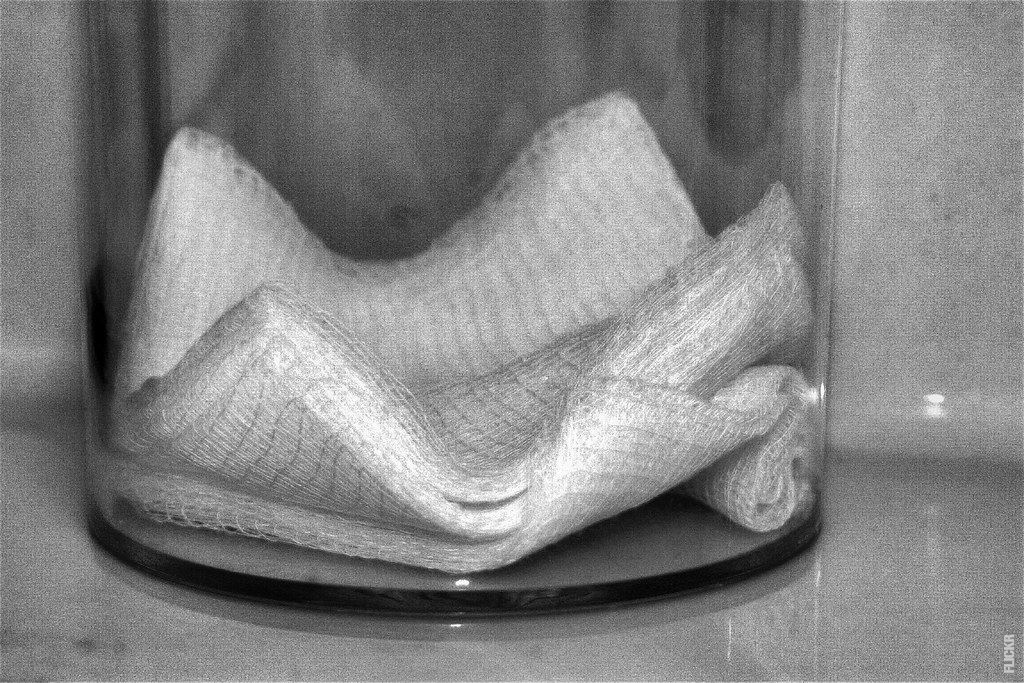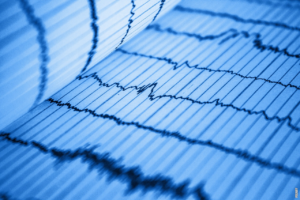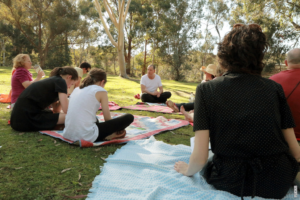The Mysterious Sensation of Dizziness
Dizziness is a perplexing phenomenon that can leave us feeling disoriented and unsteady. It is a sensation that affects our sense of balance and can be triggered by various factors. Let’s embark on a journey to unravel the mysteries behind this intriguing experience.
The Inner Ear: Our Body’s Equilibrium Center
The inner ear plays a crucial role in maintaining our balance. Deep within its intricate structures lies the vestibular system, a complex network of canals filled with fluid. These canals are lined with tiny hair-like structures called cilia, which are responsible for detecting motion and transmitting signals to the brain.
The Dance of Signals
When we move or change positions, the fluid inside the canals sloshes around, causing the cilia to sway. This movement triggers the cilia to send signals to the brain, informing it about any changes in our position. The brain then seamlessly adjusts our body’s position to maintain balance.
An Imbalanced Tango
However, certain circumstances can disrupt this delicate dance of signals. One common cause of dizziness is when the fluid in the inner ear becomes imbalanced. This can occur due to various reasons, such as infections, head injuries, or even rapid movements.
The Brain’s Interpretation
When the signals from the inner ear become inconsistent or conflicting, our brain struggles to interpret them accurately. This miscommunication between the inner ear and the brain leads to a sensation of dizziness. It’s like a glitch in the system, leaving us feeling off-balance and dizzy.
Post
Post
Making Sense of the World
Our sense of balance relies not only on signals from the inner ear but also on visual cues and proprioception (our body’s awareness of its position). When any of these sensory inputs are compromised or conflicting, our brain faces a challenge in making sense of the world around us. This confusion can result in dizziness as our brain tries to reconcile the conflicting information.
The Mind-Body Connection
Dizziness is not solely a physical experience; it can also have psychological factors at play. Anxiety, stress, and fear can trigger dizziness or worsen the sensation. The mind and body are intricately connected, and disruptions in our mental well-being can manifest physically.
Conquering the Whirlwind
While dizziness can be a disconcerting experience, there are ways to manage and alleviate it. Seeking medical advice is vital to identify and address any underlying conditions. Techniques such as vestibular rehabilitation therapy, medication, and lifestyle adjustments can help restore balance and reduce dizziness.
Embracing the Mystery
Although dizziness can leave us feeling bewildered, it reminds us of the fascinating intricacies of our body and mind. The dance between our inner ear and brain, the reliance on sensory inputs, and the influence of our emotions all contribute to this mysterious sensation. So, the next time you feel dizzy, take a moment to marvel at the wonders that lie within us.



